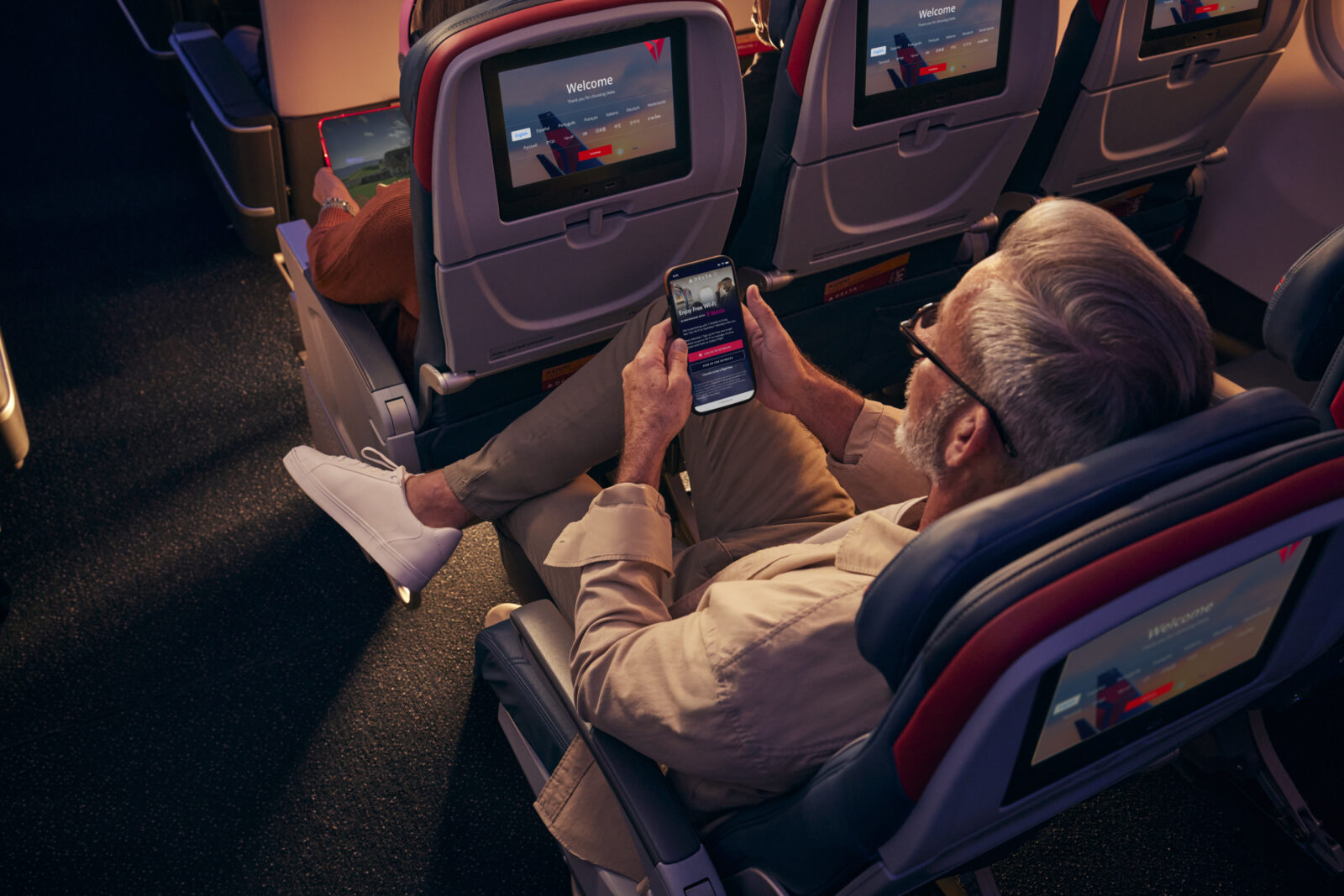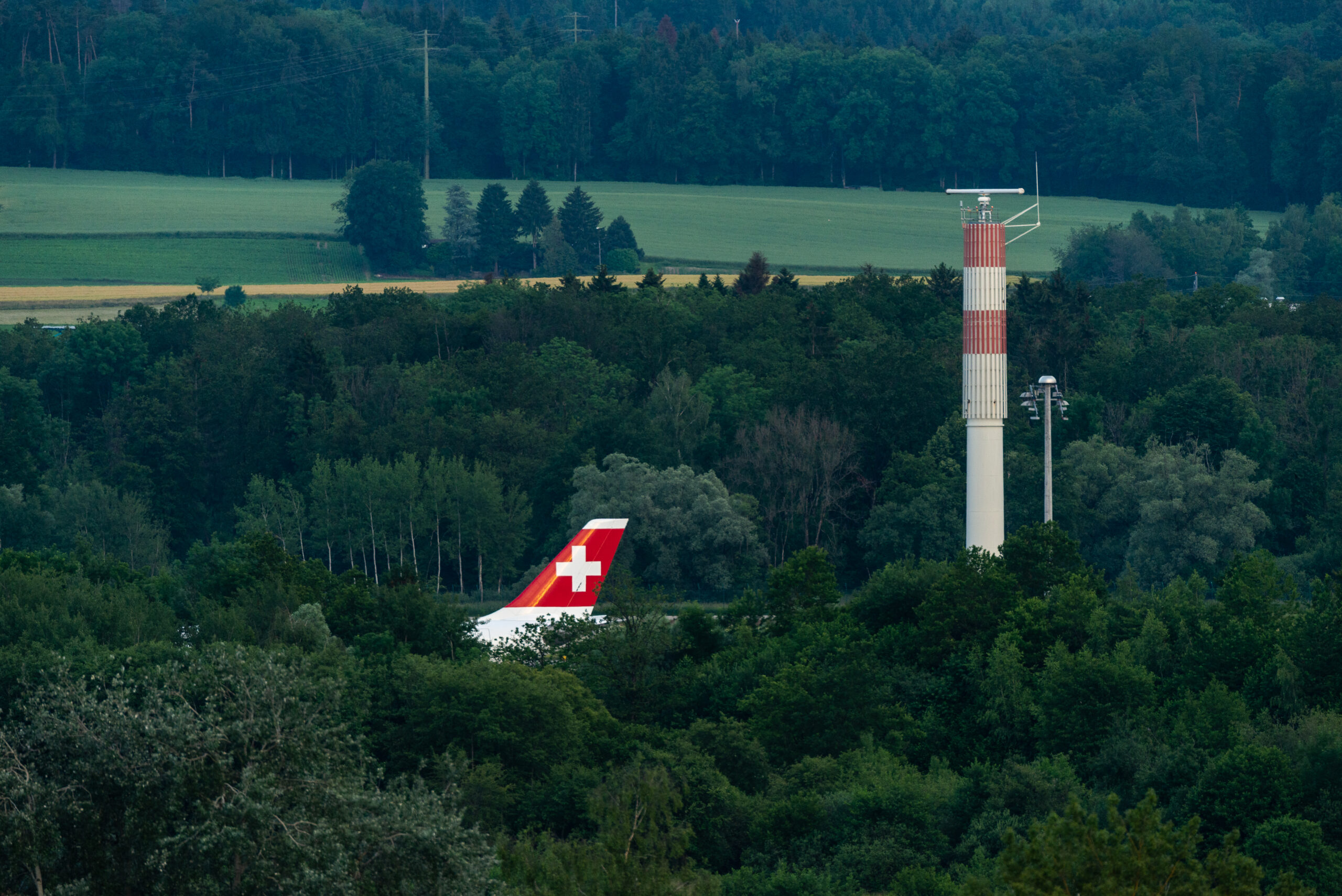Southwest Airlines Kills ‘Bags Fly Free’—And Its Biggest Selling Point
The airline is eliminating free checked bags, slashing loyalty rewards, and introducing basic economy
by George Gomez
March 12, 2025
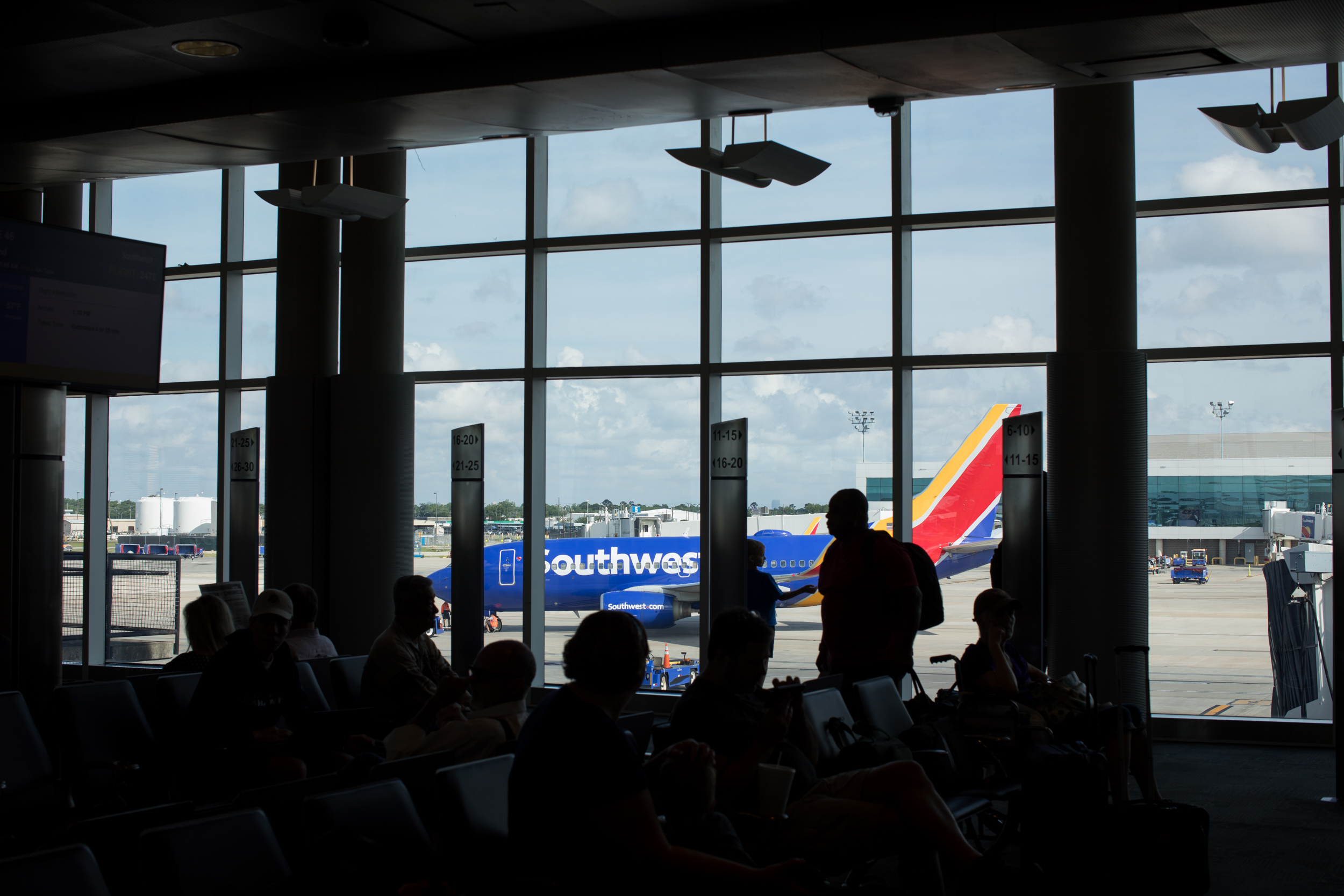
Photo: Houston Hobby. Courtesy of Stephen M. Keller, Southwest Airlines
Southwest Airlines is abandoning one of its most distinctive perks—free checked bags—marking a fundamental shift in its business strategy. Beginning May 28, 2025, the Dallas-based carrier will no longer offer two free checked bags for all customers, a policy that has long set it apart from competitors.
Instead, only A-List Preferred members and those flying Business Select fares will retain the two-bag allowance, while A-List members and Southwest co-branded credit card holders will be limited to one free checked bag. All other passengers will be required to pay for checked luggage, bringing Southwest in line with major U.S. airlines like Delta, American, and United.
The End of a Defining Feature
For years, Southwest has prided itself on the simplicity of its fare structure, famously resisting industry trends like basic economy and baggage fees. The airline even built marketing campaigns around the “Bags Fly Free” promise, setting itself apart in an increasingly fee-driven industry.
Well, that era is now over.
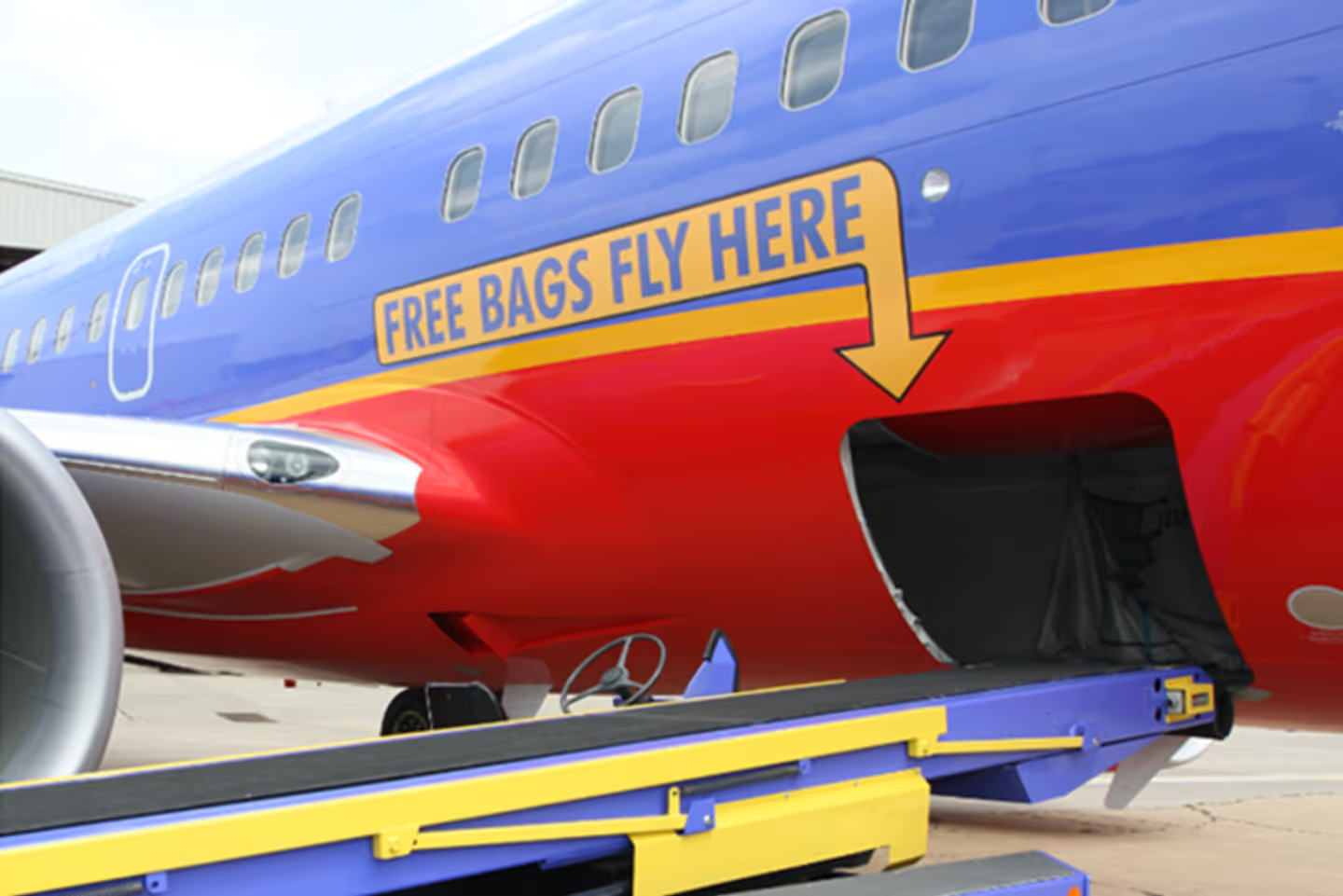
Photo: Courtesy of Southwest Airlines
Adding to the shake-up, Southwest has already reduced Rapid Rewards points earnings by two-thirds on the lower-tier fares most customers book while simultaneously increasing point accumulation on Business Select fares.
And for the first time in its history, Southwest will introduce a basic economy fare—another move the airline previously swore off.
A New Strategy Aimed at Profitability
Explaining the changes, Southwest CEO Bob Jordan framed the shift as a strategic realignment.
“We have tremendous opportunity to meet current and future Customer needs, attract new Customer segments we don’t compete for today, and return to the levels of profitability that both we and our Shareholders expect,” Jordan said.
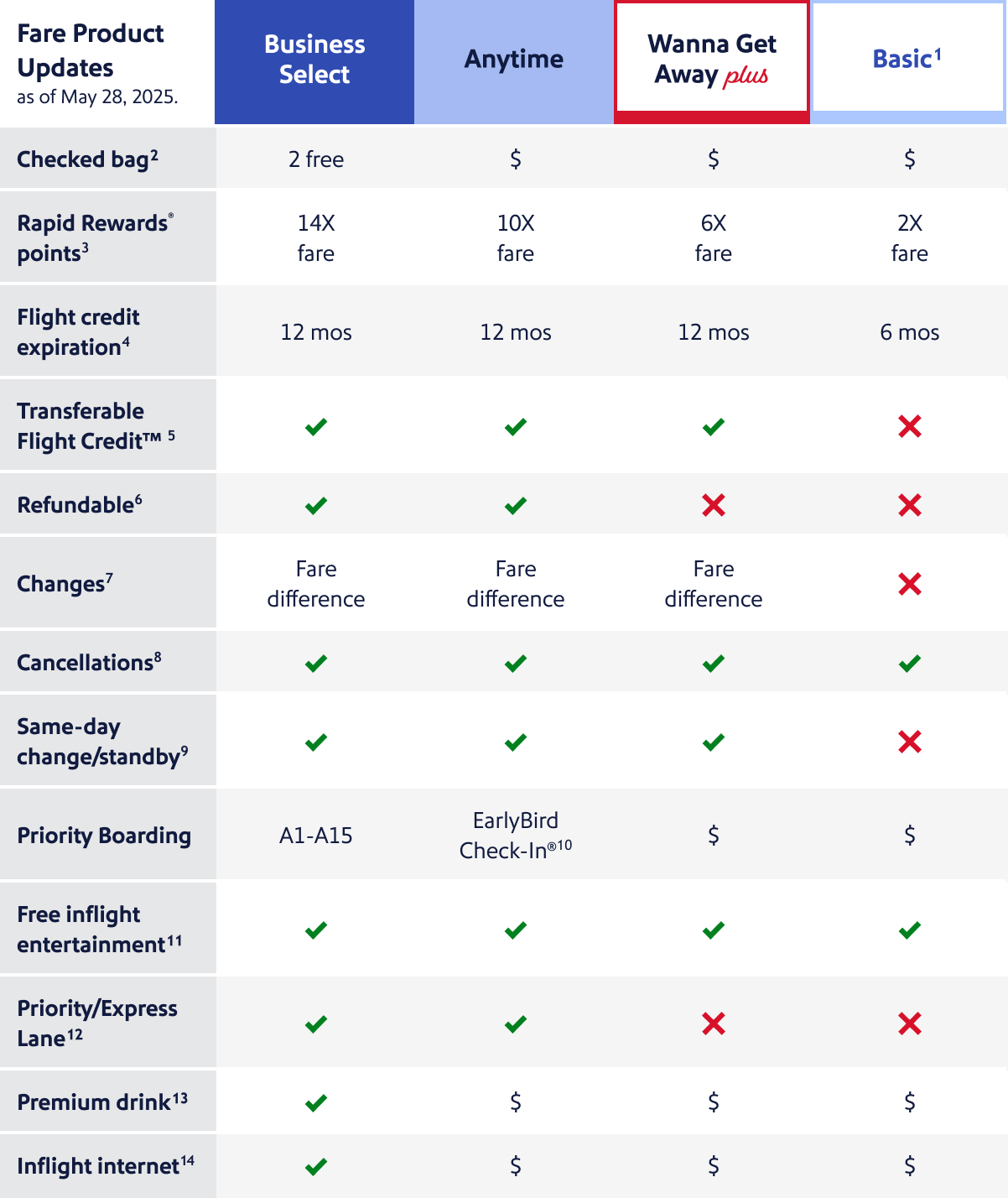
Graphic: Courtesy of Southwest Airlines
“We will do all this while remaining focused on what’s made us strong—our People and the authentic, friendly, and award-winning Customer Service only they can provide.”
Southwest argues that these changes will create more options for travelers while rewarding its most loyal customers. In addition to baggage fees and points devaluations, Southwest plans to roll out assigned seating and extra legroom options—yet another departure from its long-standing boarding process.
Industry Reaction and Customer Backlash
The changes mark a stark departure from Southwest’s identity at a time when product differentiation is increasingly important. Industry experts and customers alike have reacted with surprise and criticism.
Doug Gladden, an appellate lawyer and public defender, didn’t hold back: “If Southwest Airlines had assembled a focus group and asked them, ‘What’s the stupidest thing that we could do to ruin our company?’ this is what they would have come up with,” he Tweeted on X.
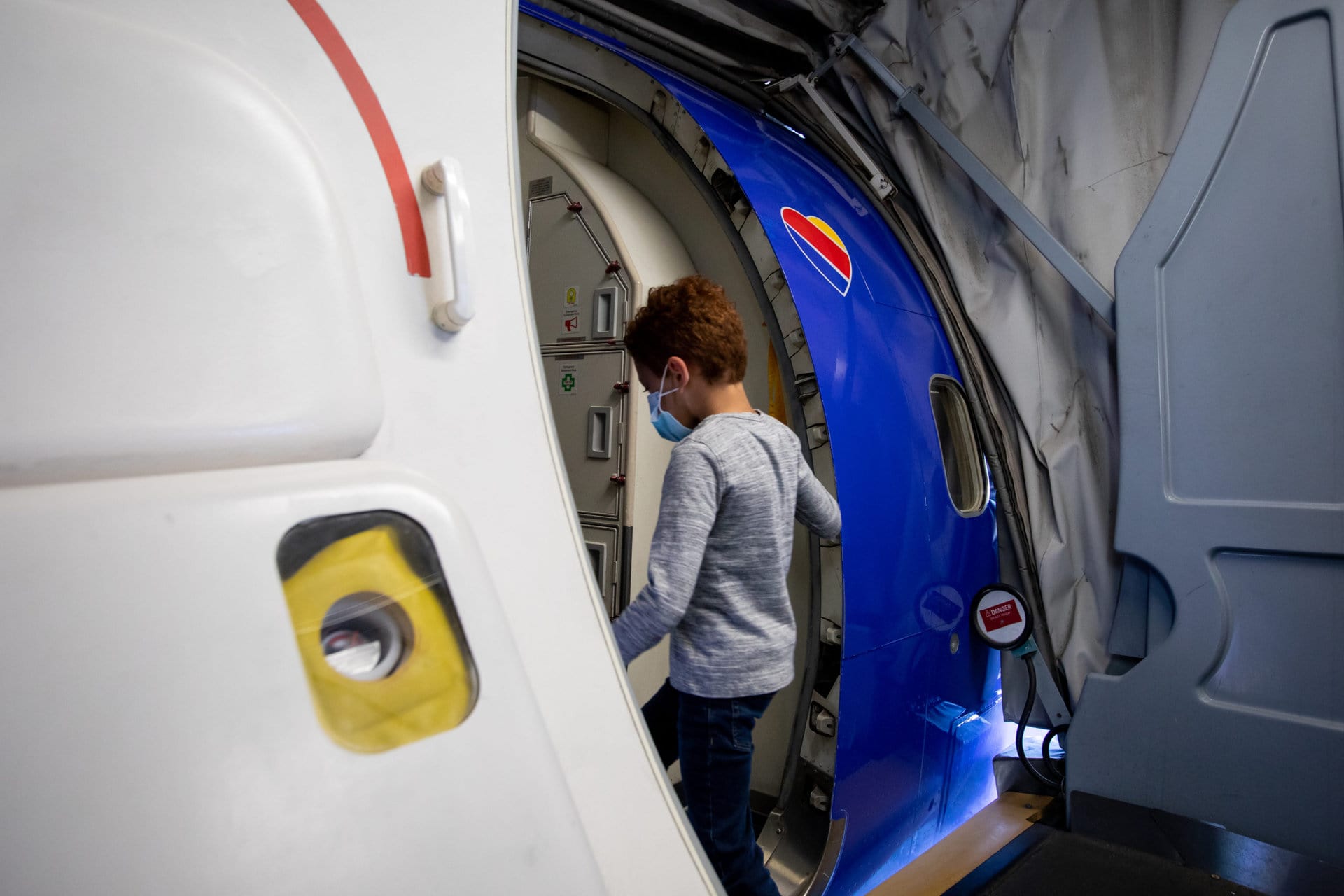
Photo: Courtesy of Southwest Airlines / Stephen M. Keller
Other analysts note that while the airline is following the industry trend of unbundling services, it risks alienating its core customer base—those who value the airline’s straightforward pricing and customer-friendly policies.
Henry Harteveld, aviation analyst and president of Atmosphere Research Group, applauded Southwest’s launch of a Basic Economy fare through a post on his LinkedIn account: “Southwest will also introduce a new Basic Economy fare, also starting May 28, a move I like, as that will make Southwest more competitive, especially given the faltering US economy,” he said.
“But in killing its long-standing policy of offering free checked bags, Southwest is also killing one of its strongest and most compelling points of differentiation, increasingly looking and acting like “just another airline.” That’s not how you win. Herb Kelleher is probably spinning in his grave,” concluded Harteveldt.
A Shift in Southwest’s Identity
Beyond just baggage fees, these changes reflect a broader evolution of Southwest Airlines. The carrier, which once proudly rejected industry norms like assigned seating and ticket expiration policies, is now embracing them.
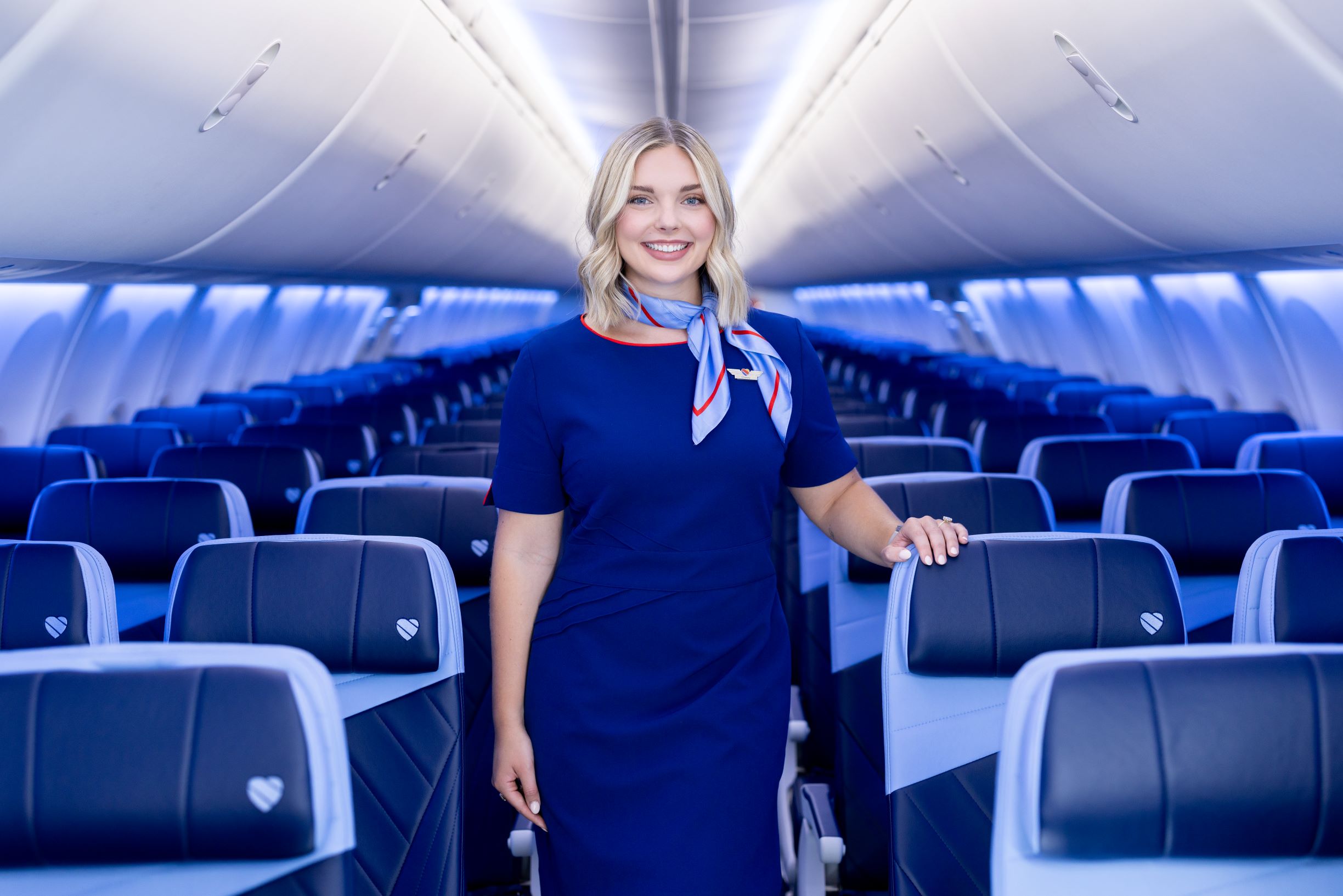
Photo: Courtesy of Stephen Keller / Southwest Airlines
Customers booking flights on or after May 28, 2025, will face new fare structures, including the introduction of Southwest’s version of basic economy. The airline is also expanding its distribution, with flights now available for booking on Expedia, a move designed to attract new travelers who prioritize price above all else.
Additionally, flight credits issued for tickets purchased on or after May 28, 2025, will expire within one year or earlier, depending on the fare type—a departure from Southwest’s previous policy of unlimited credit rollovers.
What This Means for Travelers
For those who have long relied on Southwest’s customer-friendly policies, these changes will require an adjustment. The end of “Bags Fly Free” means budget-conscious travelers will now need to factor in baggage fees when comparing fares.
Moreover, according to Harteveldt, Southwest’s Bags Fly Free policy has led the airline to avoid purchasing larger overhead bins, which could accommodate more bags—unlike some of its competitors. This decision may now negatively impact Southwest’s on-time performance, as more customers will avoid checking bags and bringing them on board.
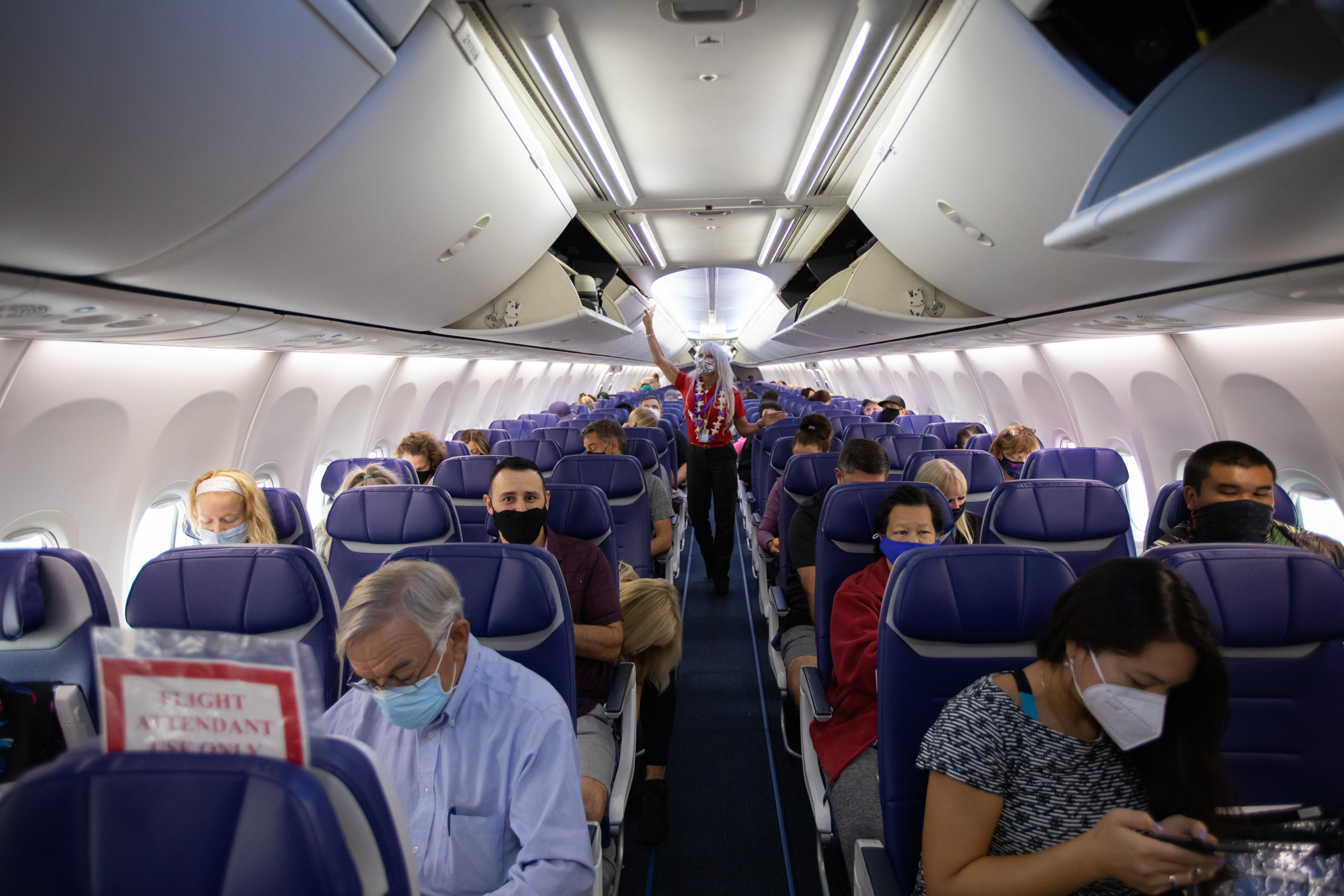
Photo: Courtesy of Stephen M. Keller, 2020
Likewise, the introduction of a basic fare may provide lower-cost options, but likely with more restrictions, mirroring similar offerings from legacy carriers.
At a time when many airlines are prioritizing premium experiences and product differentiation, Southwest’s moves suggest a pivot toward maximizing revenue over maintaining its long-standing reputation for simplicity and transparency. Whether these changes will ultimately drive new customers or alienate existing ones remains to be seen.

